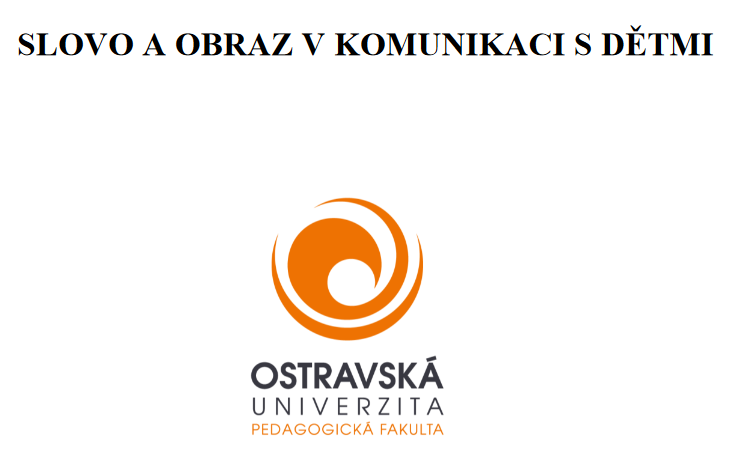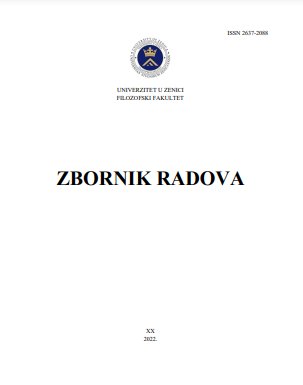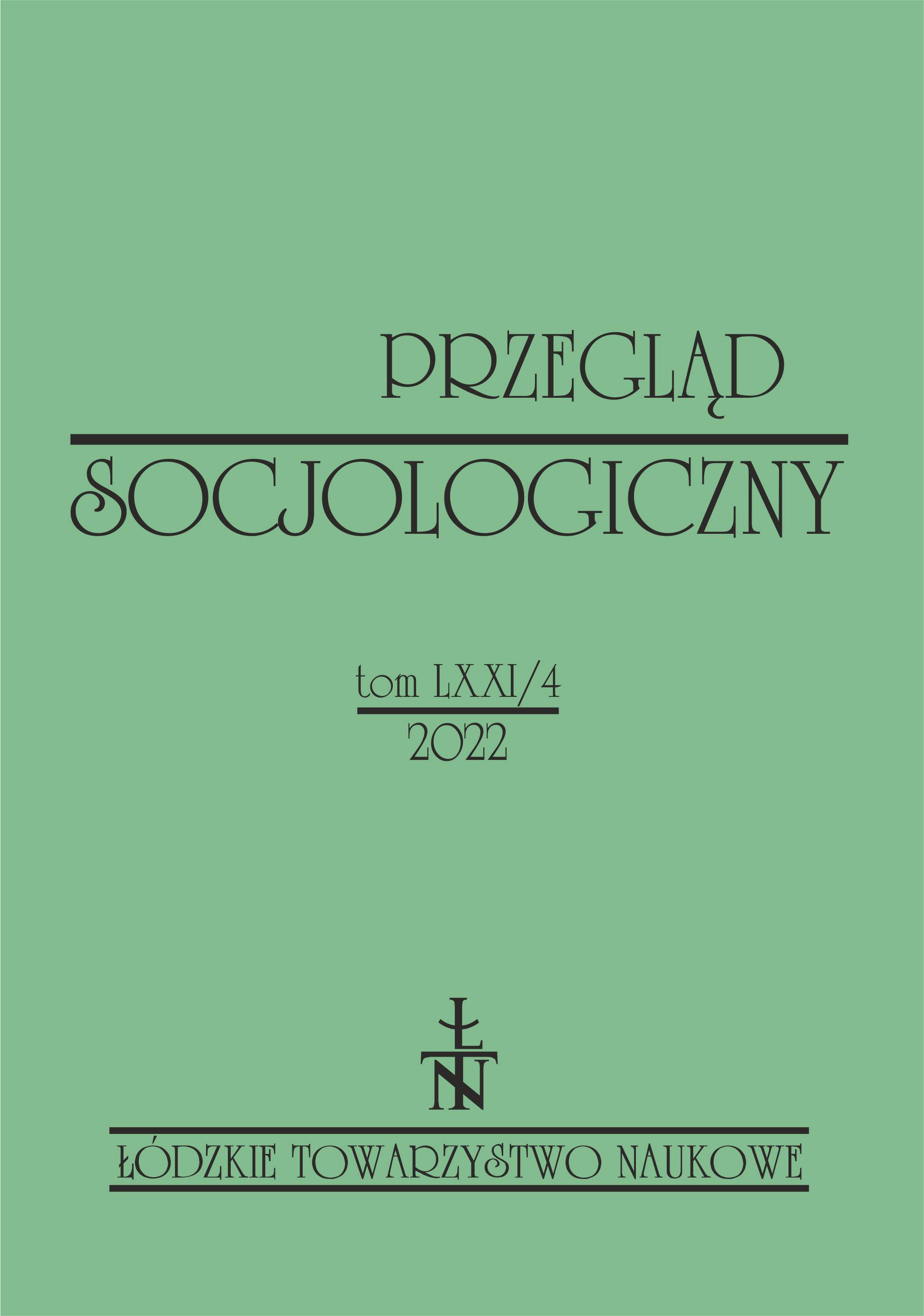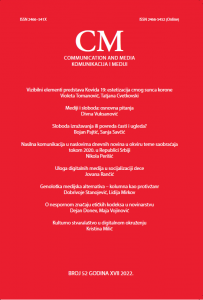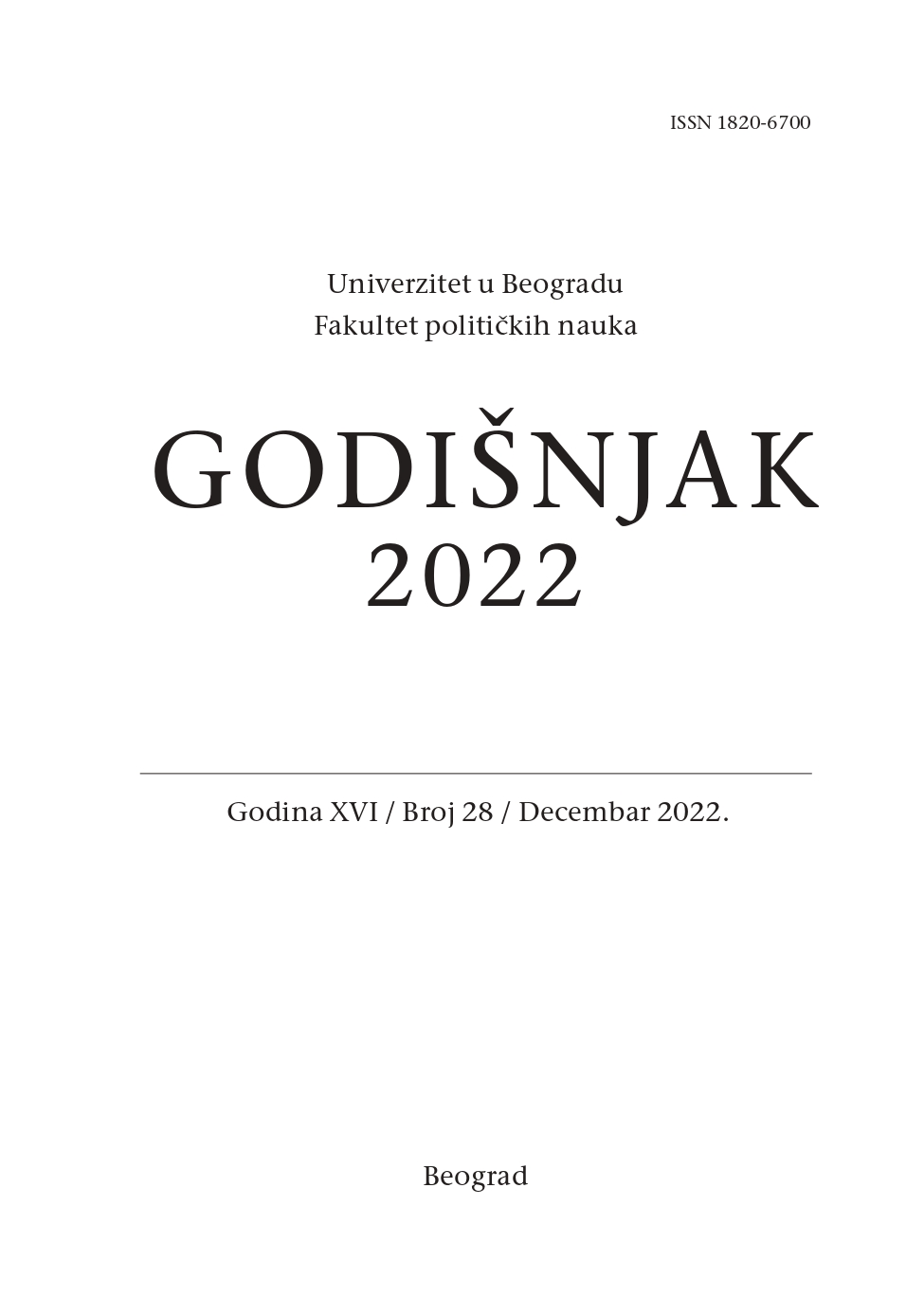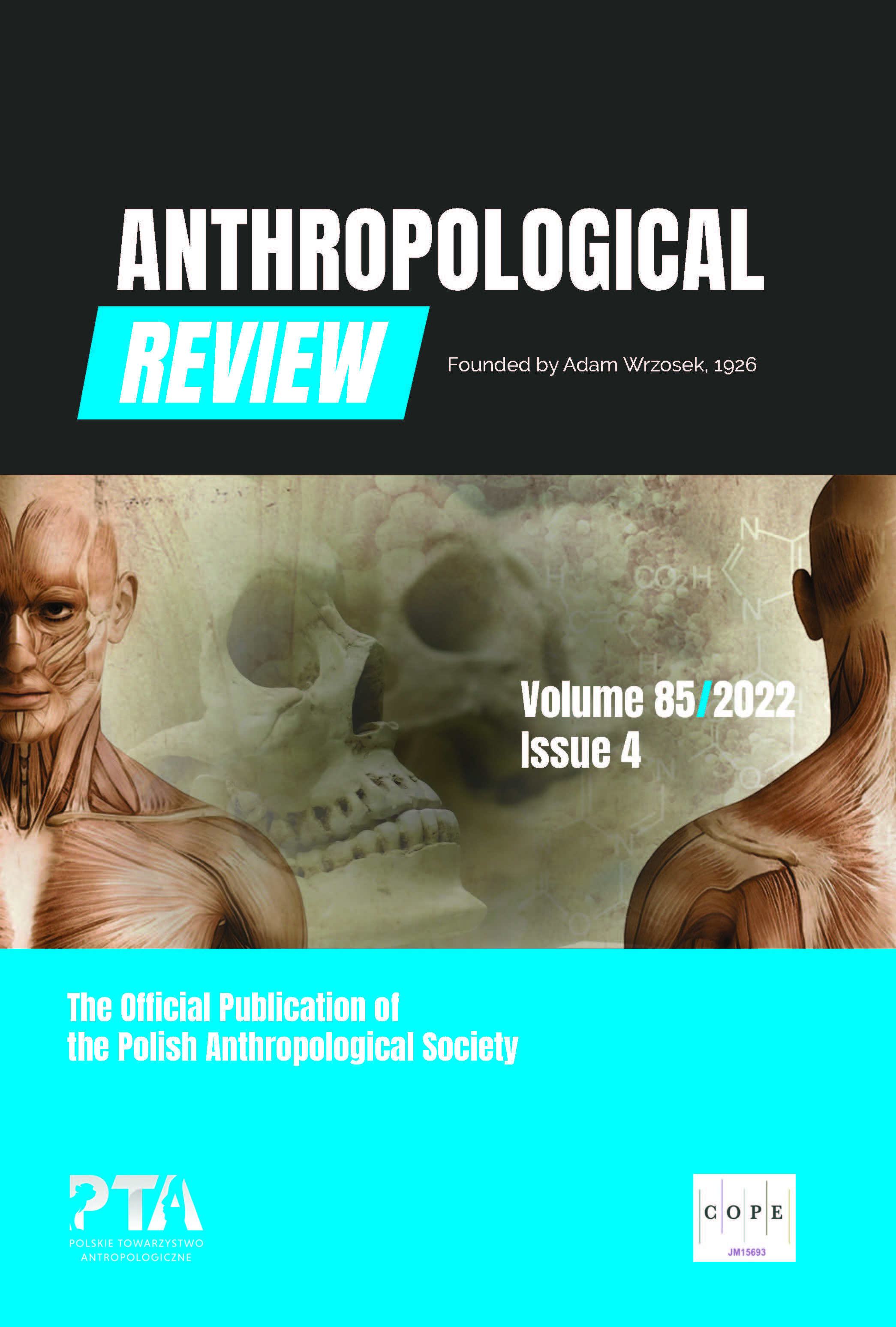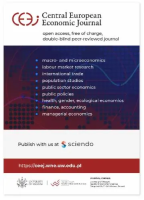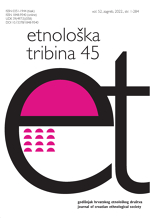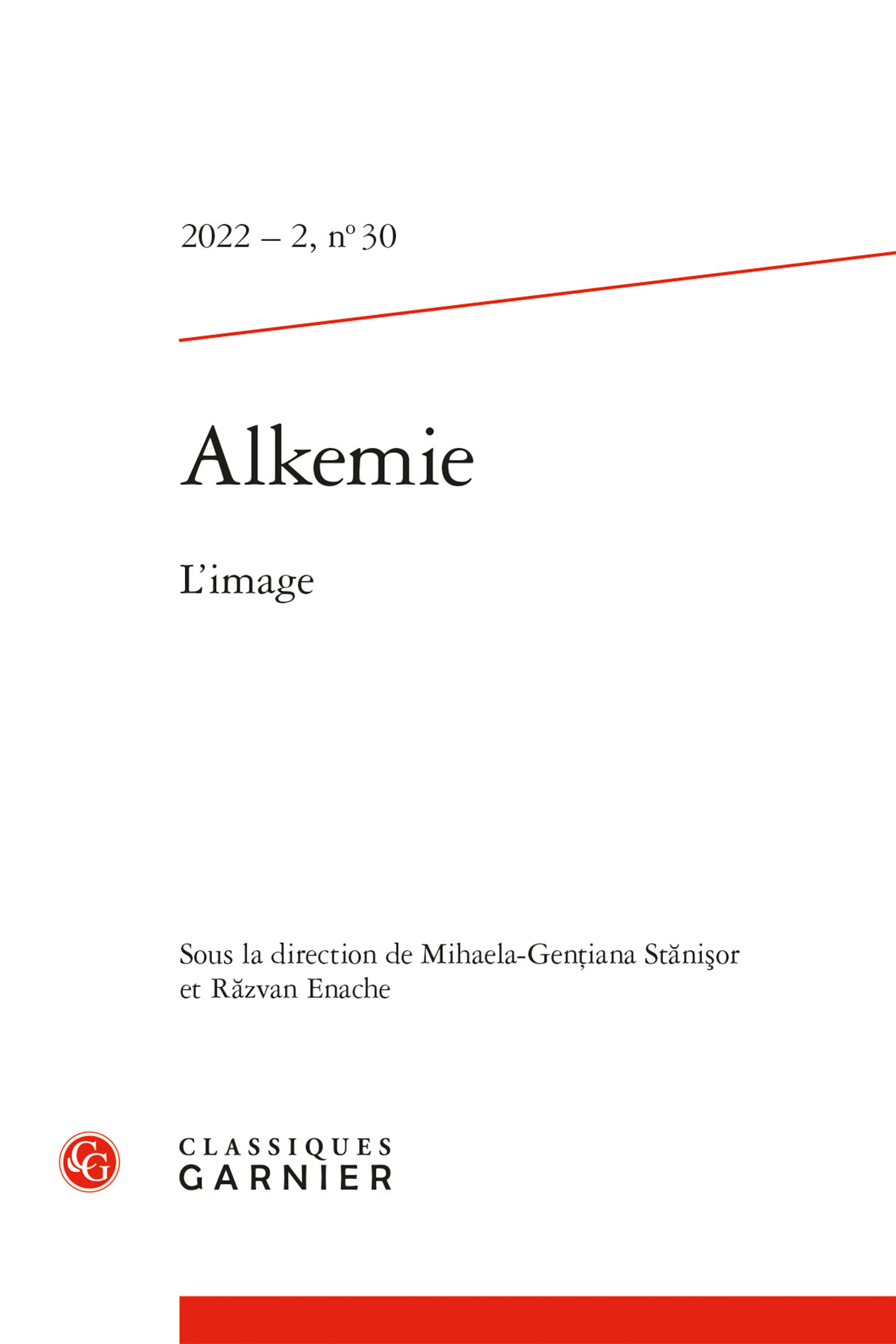
L’image au risque de l’image
Between “nihilation” and the omnipresent proliferation of images, verbal or plastic, one has the feeling that the image, as Nietzsche affirms when speaking of “anthropomorphism”, is always already there, like the One, inaccessible and generating images of an image of an image. By excess, by default, how to find there this halo of imagination dear to Bachelard?
More...
